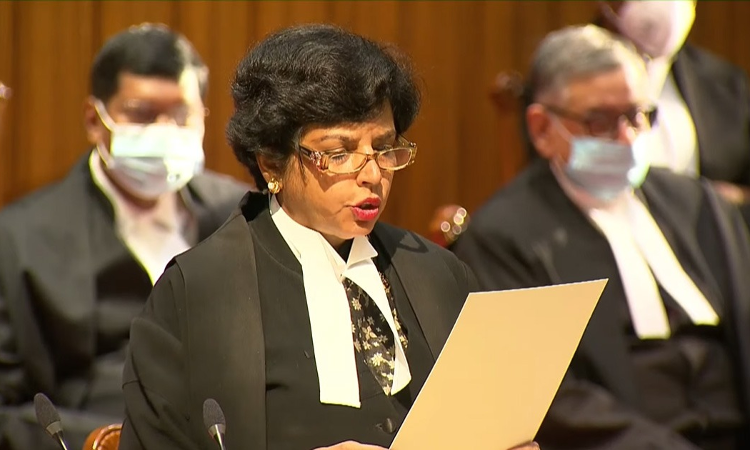Empowering Women In Sports: Justice Hima Kohli Calls For Legal Reforms And Equal Opportunities
Hannah M Varghese
12 July 2023 1:14 PM IST

Next Story
12 July 2023 1:14 PM IST
Supreme Court Judge Justice Hima Kohli recently advocated for legal reforms and equal opportunities to empower women in sports and address the persistent challenges they face. Justice Kohli made these remarks while delivering the inaugural address at the National Seminar on Women Empowerment through Sports: Issues and Challenges, hosted by her alma mater Campus Law Centre, University of Delhi...
